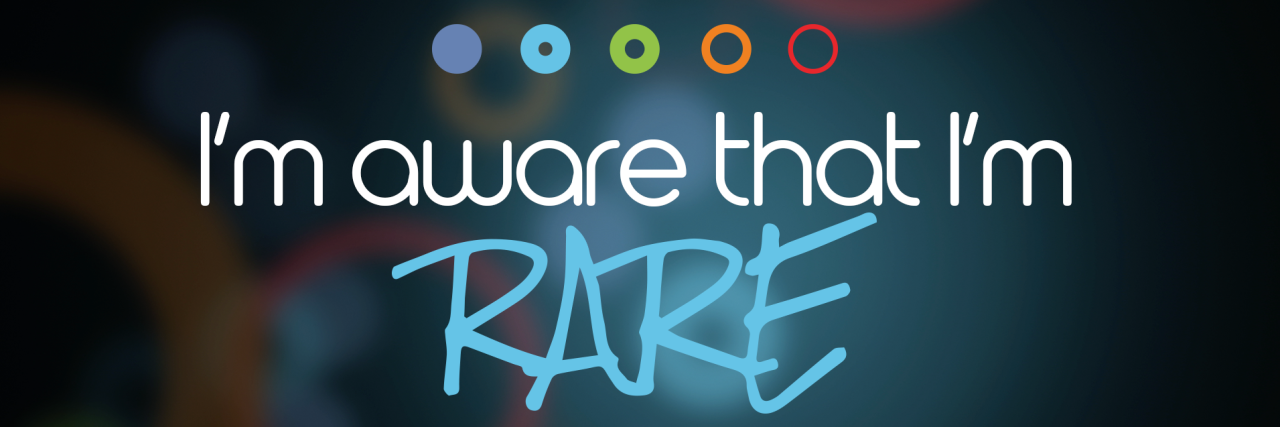Harrison “Hap” Farber, MD discusses this importance of poster sessions.
Dr. Farber is considered an opinion leader and internationally recognized expert in the field of pulmonary hypertension. He is a Professor in the Department of Medicine and attends in the Medical Intensive Care Unit and on the Pulmonary Consultation Service at Boston Medical Center. He also oversees the care of all patients with Pulmonary Hypertension at Boston Medical Center.
Transcript:
I’m Hap Farber from Boston University and we have a somewhat unusual topic today that really doesn’t necessarily pertain completely to PAH. We’re going to talk about posters and poster sessions and why poster sessions are important.
Realistically, they’re important on different levels to different people. So if we start out with new trainees, new fellows, or even residents. So they’re important because often times this is the first time they ever had something submitted and accepted. It’s the first time they’re ever going to a national meeting. It’s the first time they’ve had a chance to present their data to their peers if you will. And it’s the first chance really for them to interact and get critiqued by people who are in their field.
I actually remember my first poster. It was at Chicago, I think at ATS. I was scared to death. I had no idea what the hell I was doing. Actually, not that I do now but I had no idea what I was doing. It was great because people would come up to you, they talk to you, they’d ask you questions which most of the time you could answer and they would tell you that if your work was good, you were doing good, keep going and stuff like that so it was actually pretty good.
So for trainees in simple terms it’s an initiation into the field. As you get up farther along as you say in your second, third, fourth year of fellowship, whatever, it starts to get more important because it’s a way to get your name known. So essentially if you’re looking for a job, for one, and for two, if you’re trying to or thinking about staying in the field that you’re doing the work in, then it’s a way to get your name out there so people know who you are.
In addition, they can then judge for themselves how competent they think you are by how well you handle yourself at a poster, how much information you can give them, how well you answer their questions, stuff like that. Then as you go farther along, say when you get to be attending level, certainly starting out, now you’re in the field, for example. It’s a way to get not only more known in the field but to interact with people who have interests who are close to what you have.
Then as you get farther up maybe posters become social. You know how you hang out with poster sessions. Most of the people there are people that you know or have worked with or have interacted with. You look at the posters and it’s social. You’re sort of schmoozing. And also, then it’s a way for you to pay back to go see posters of people who are starting out younger, etc and see what they’re doing, encourage them, whatever.
Lastly, where there are posters where there are patients. It’s a way for patients to see one, what’s going on, what’s essentially new in the field because they’re always asking you, what’s the new treatment, what’s new whatever. So this is a way for them to sort of get a rough idea what’s there. Plus, other than their doctor, it’s realistically the only time they get to interact with other people who are supposedly well known in the field and/or can impart sort of a different knowledge to them.
So it’s different things for different people. For the meetings, it’s actually good because you can have a lot more people present then you could if everybody was trying to give a talk. There’s just not enough hours in the day. So you can have a ton of information that’s grouped by specific topics presented in a meeting.
No matter who you are, whether you’re physician, patient, just starting out, think you know everything, etc., the more information you gather and the more varied the information you gather, the better off you are. And the better you can presumably carry out what you’re supposed to be doing which is taking care of patients.
I’m Hap Farber and I’m aware that I’m rare.
Learn more about pulmonary hypertension at phaware.global. #phaware #phawareMD Never miss an episode with the phaware® podcast app. Follow us on facebook, twitter, instragram, youtube & linkedin @phaware

